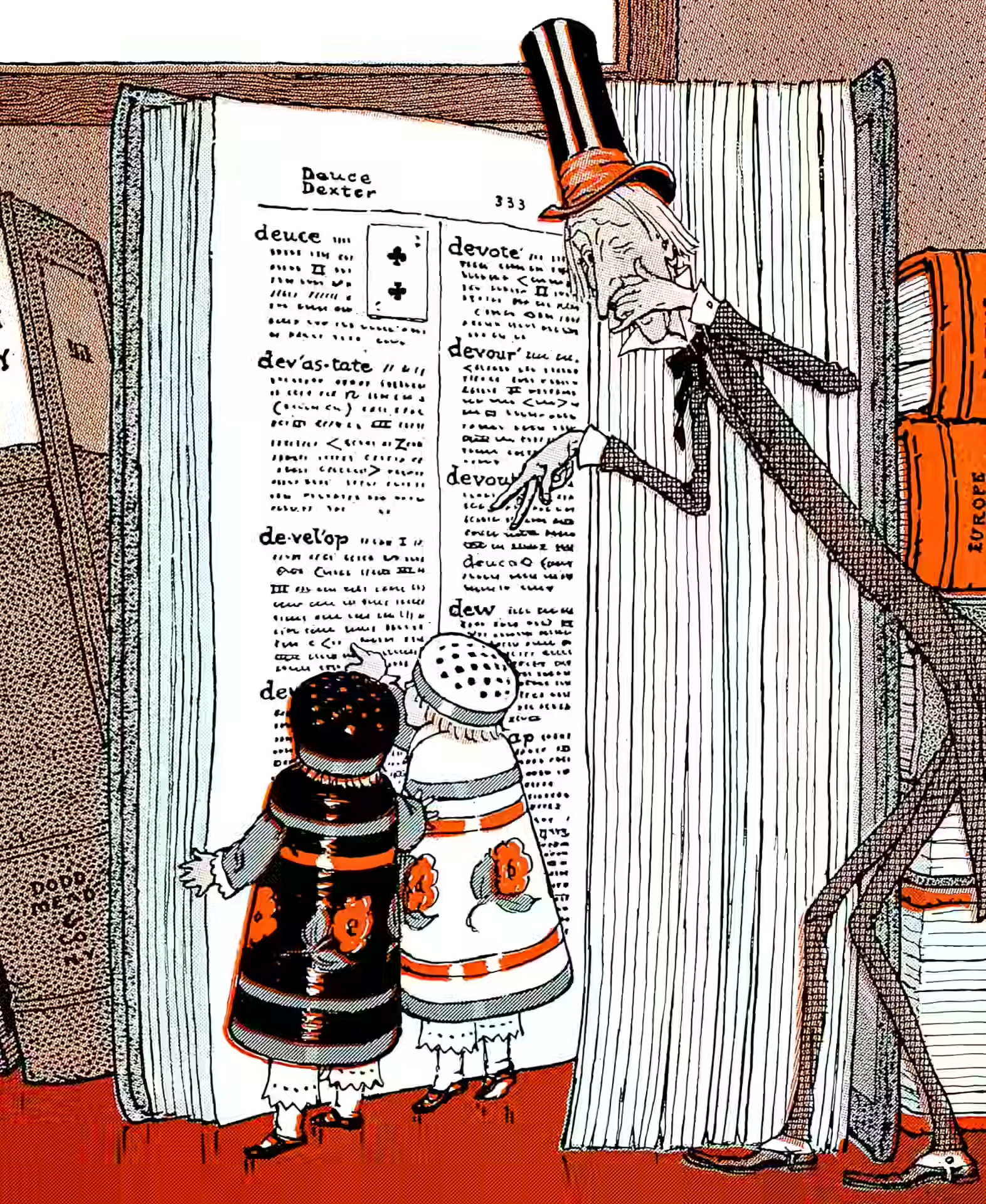Spamularity
The infosphere after people
October 5, 2015 — November 23, 2024
Suspiciously similar content
Fake news, credibility, verification of provenance, etc. TBC. On the arms race in pretending to be alive.
Candidate for merging with the misinformation notebook? And public sphere business models?
1 Dark forest
Dark forest theory of the Internet seems to pertain.
2 Spamularity
Charlie Stross’s 2010 Spamularity stuck with me:
We are currently in the early days of an arms race, between the spammers and the authors of spam filters. The spammers are writing software to generate personalized, individualized wrappers for their advertising payloads that masquerade as legitimate communications. The spam cops are writing filters that automate the process of distinguishing a genuinely interesting human communication from the random effusions of a ’bot. And with each iteration, the spam gets more subtly targeted, and the spam filters get better at distinguishing human beings from software, in a bizarre parody of the imitation game popularized by Alan Turing (in which a human being tries to distinguish between another human being and a piece of conversational software via textual communication) — an early ad hoc attempt to invent a pragmatic test for artificial intelligence.
We have one faction that is attempting to write software that can generate messages that can pass a Turing test, and another faction that is attempting to write software that can administer an ad-hoc Turing test. Each faction has a strong incentive to beat the other. This is the classic pattern of an evolutionary predator/prey arms race: and so I deduce that if symbol-handling, linguistic artificial intelligence is possible at all, we are on course for a very odd destination indeed—the Spamularity, in which those curious lumps of communicating meat give rise to a meta-sphere of discourse dominated by parasitic viral payloads pretending to be meat…
In The Economics of Spam, Bruce Schneier argues, based on Kanich et al. (2008), that spam is probably optimized for traffic, not conversion, i.e. quantity over quality, at least at that time. I suspect that to be true of email spam at the time, but not the Dark Forest Internet of today.
Sam Kriss calls the spamularity the language of god:
What is machine language? Firstly, machine language is vampiric, shamanic, xenophagic, mocking. It’s a changeling. Often it tries to imitate human discourse; the machine wants you to think that it’s human. This is the first level of deception. Often this isn’t enough: machines will use various methods to take over other text-producing systems, so that without your knowledge you end up advertising weight loss pills to all your old school friends. First axiom: all language has the potential to become machine language. To become infected. 10 Award-Winning GIFs That Will Leave You Wanting More. I Could Watch #4 For Days. This is the second level of deception. In the third level of deception, the machine convinces itself that it has a physically extended body, that it has an independent mind, that it really wants to produce the text it generates. This might happen very soon. It might have already happened, somewhere on a dusty plain in western Africa, somewhere that never really existed, tens of thousands of years ago.
3 Incoming
- How much of your audience is fake?
- What happens next will amaze you by Maciej Cegłowski
- Schneier, When AIs Start Hacking
